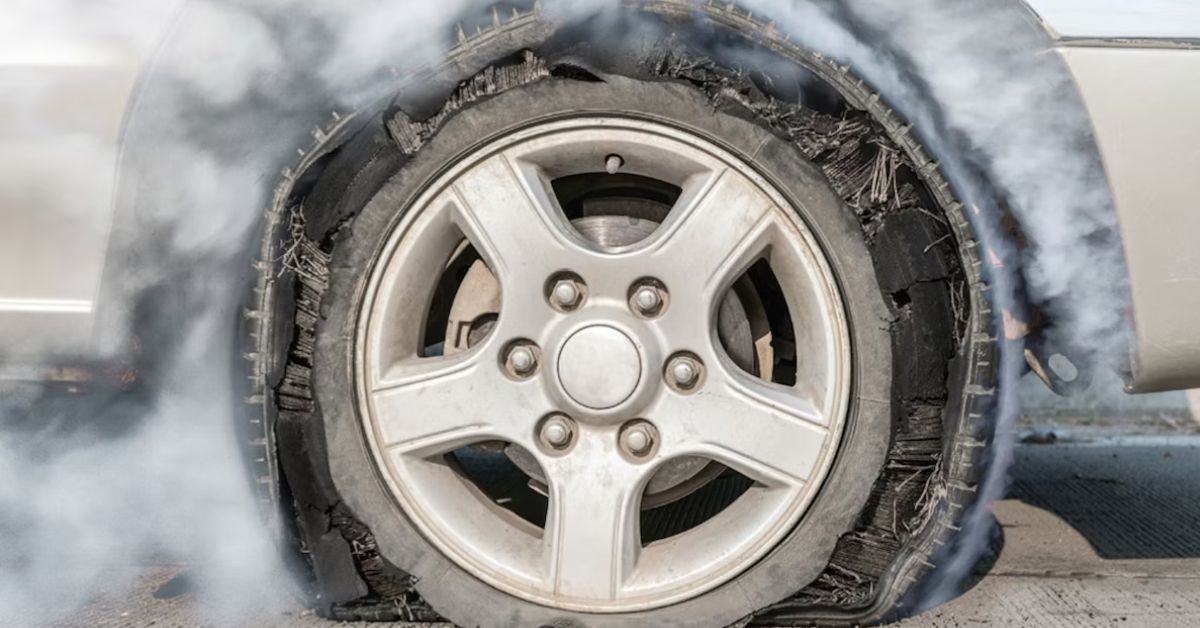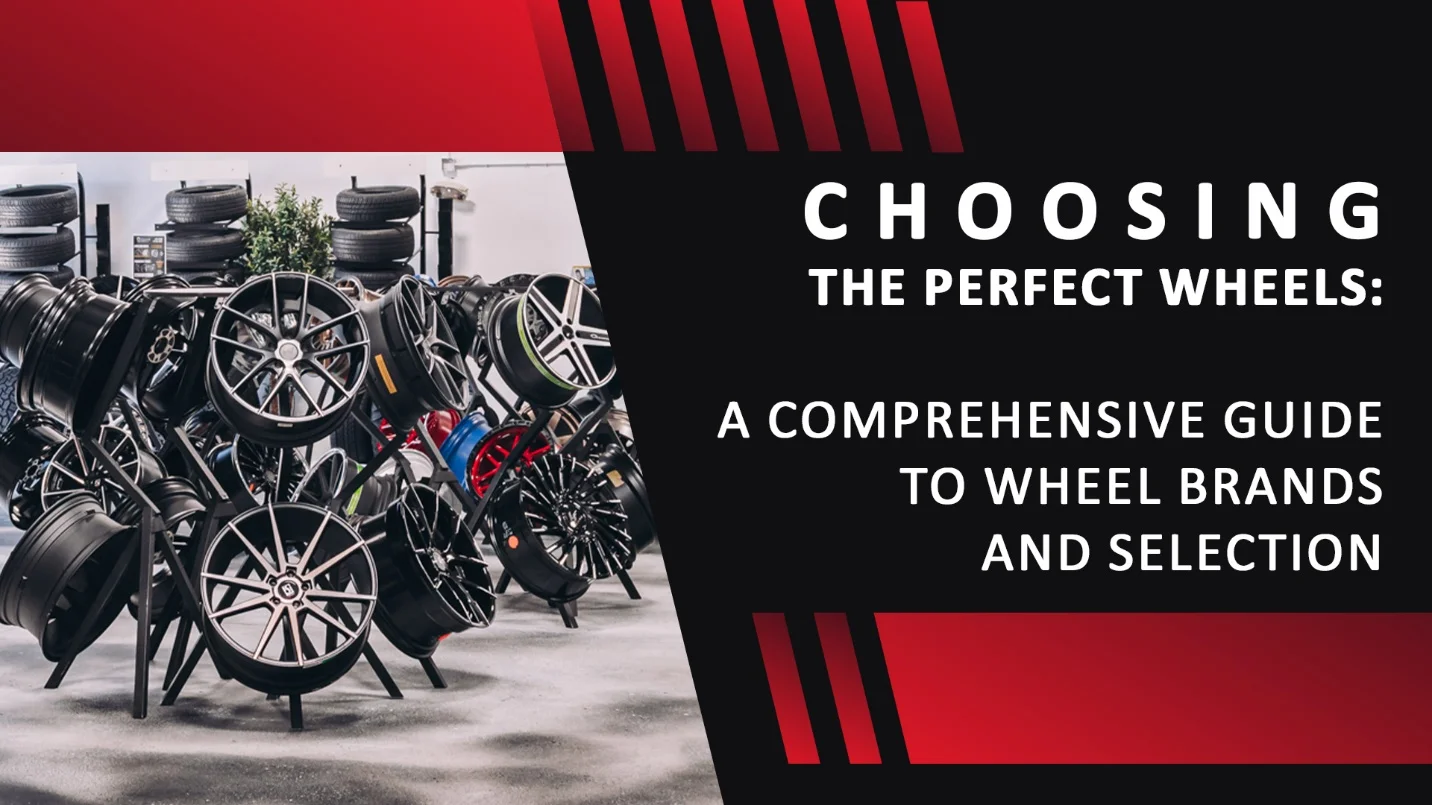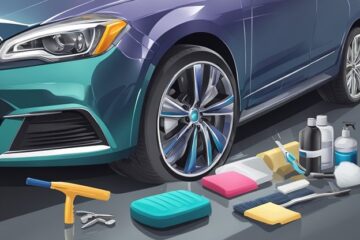Having a flat tire is a common problem that every driver has faced more than once in their life. Your tire usually gets flat when it hits a hard object, which leads to air leaking out from the tires.
The tires are designed to undergo large amounts of stress without any problem. However, if you are experiencing flat tires often, there might be an underlying problem with your tire health.
Tire pressure is the most important factor to keep in view when it comes to the overall performance of your vehicle’s tires. Modern cars come with a built-in Tire Pressure Monitoring System (TPMS) designed to inform drivers if their tire pressure falls below the manufacturer’s recommended levels.
Underlying Causes Behind Repeated Flat Tires of Your Car
Your Daily Commute is Rough
One of the most common problems that leads to repeated flat tires is the puncture-prone paths.
Presence of loose gravel and uneven surfaces at construction sites also contributes to the likelihood for punctures.
When driving through construction sites, please be even more careful. Try to drive slowly, stay a safe distance away from the vehicle in front of you and try not to run your car over piles of debris most times.
Poorly maintained roads can have holes, cracks, and pieces of the road that fall off, which are causes for flat tires. Particularly, potholes can hide sharp objects or cause sudden impact, and tire damage follows. Poorly maintained roads wear out over time.
It can lead to various problems, from higher rolling resistance and overheating up to a greater puncture risk.
Another issue that many people tend to ignore is wheel imbalance, which can result in problems like flat tires. A tire with an uneven tread may have many problem spots that will affect the quality of your tires and result in repeated flats.
Your Wheels are Imbalanced
An imbalanced wheel can cause uneven wear on the tire tread. This uneven wear pattern makes the tire more vulnerable to punctures and blowouts.
As time passes, the stress that has been placed on certain parts of the tire can weaken its structure and make it even more susceptible to damage caused by road debris.
An uneven wheel produces vibration on the entire vehicle. Besides influencing the comfort of your ride, these vibrations also increase undue strains on tire structure. Increased levels of stress can cause the tire to wear out faster, thus making it much more susceptible to punctures and other types of damage.
If you feel your tires are imbalanced, you need to get them balanced from any reputable car repair in Houston. Also, make sure that your wheels are aligned properly if you wish to extend the life of your tires.
The Tires are Not Inflated Properly
Underinflated tires are more prone to road debris damage as they do not possess the appropriate rigidity necessary for resisting sharp objects.
Overloading your vehicle puts undue pressure on the tires, increasing wear and increasing the chances of tire failure. Adding the extra weight can produce more heat, which increases their chances of blowouts and punctures.
Overloading vehicles also makes it much more difficult to control them, especially during emergencies, thus causing even bigger safety hazards.
Follow the instructions provided by manufacturers concerning how much your vehicle can carry. Shopping for tires that carry more weight is good if you often carry heavy loads.
There is a Fault With Your Valve Stems, or Tires Have Aged
Tire valve stems are small but critical parts of a tire as they help ensure optimal air pressure. Rubber or metal components can degrade over time, causing slow leaks, which may result in tire loss.
If valve stems are defective, air getting out of the tires gradually can cause repeated cases with low tire pressure.
Tires do not have infinite life; as a tire age, the rubber can degrade to cause many different problems.
Aging tires are characterized by cracking, dry rot, and loss of elasticity. When tires start to get brittle or lose their structural integrity, they become more susceptible to punctures, blowouts, and other types of damage.
Regularly check your tires for signs of wearing or aging, including visible cracks, bulges, and uneven wear. The manufacturing date is typically represented by a four-digit code on the sidewall, so you should replace tires that are over six years old regardless of how deep their treads may be.
You May Also Like: Airstroke Actuators: Revolutionizing Automotive Suspension Systems



